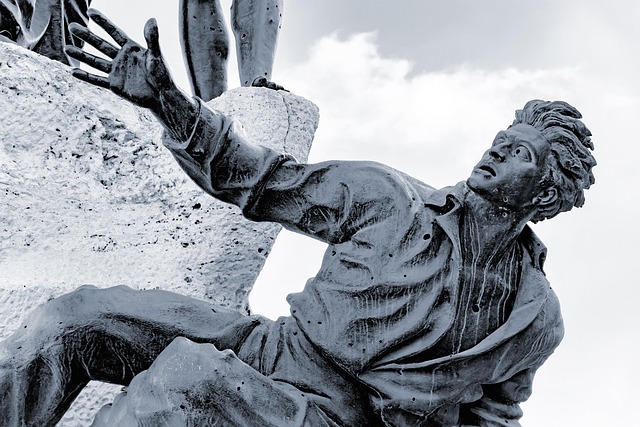Pastoral care is often viewed through the lens of crisis management—those moments when individuals find themselves lost in grief, doubt, or moral quandaries. However, its role in moral development extends far beyond mere response to adversity. It is a nurturing force, a guiding light that illuminates the path to moral integrity and spiritual growth in the community.
In many religious traditions, pastoral care serves as a crucial element in shaping ethical paradigms. Clergy and skilled lay ministers engage with congregants, helping them navigate the complexities of life through the lens of their faith. These interactions allow for growth in empathy, compassion, and integrity—qualities essential for moral development. When a shepherd guides their flock, it is not just about providing comfort; it is about instilling values that resonate deeply within the soul.
At its heart, pastoral care offers a sacred space for individuals to explore their beliefs and confront their moral dilemmas. In this environment, questions about right and wrong are not just academic debates; they become personal, inviting introspection and honest dialogue. A pastor or caregiver often acts as a mirror, reflecting the nuances of a person’s thoughts and feelings back to them, helping to clarify their own moral compass.
For example, in times of social injustice, pastoral care can empower individuals to take action rooted in their religious beliefs. It encourages them to grapple with difficult questions such as, What does it mean to love my neighbor?” or “How can I be a voice for the voiceless?” Through guided discussions, prayers, and community engagement, pastoral caregivers not only offer support but also foster a sense of responsibility and moral agency.
This nurturing aspect of pastoral care is particularly impactful in youth and young adults, who are often at a crossroads concerning their values and beliefs. Church youth groups and mentoring programs led by pastoral caregivers provide safe havens for young people to wrestle with their identities. Through shared experiences and lessons drawn from scripture, they learn the importance of principles like honesty, respect, and kindness. Such formative experiences are vital in shaping their future behaviors and ethical decisions.
Furthermore, pastoral care extends into the broader community, enhancing moral development through outreach programs, social justice initiatives, and partnerships with local organizations. Engaging in these efforts cultivates a sense of belonging and purpose, encouraging individuals to act not just for themselves but for the greater good. This communal aspect underscores the idea that we are called to be stewards of our environment and advocates for those in need.
Over time, the ripple effects of thoughtful pastoral care can lead to profound moral transformation within a community. When individuals feel supported in their spiritual journeys, they are more likely to embody the principles they hold dear, encouraging others to follow suit. The shared experience of growth contributes to a culture that values moral integrity, promoting a holistic approach to ethical living.
In conclusion, pastoral care is a vital force in the moral development of individuals and communities alike. It invites us to reflect, engage, and grow in our understanding of what it means to lead a morally rich life. By fostering open dialogue, addressing moral dilemmas, and promoting compassion and action, pastoral caregivers shepherd souls on their journey toward ethical maturity. In a world often marked by division and confusion, the role of pastoral care becomes even more essential, stitching together the frayed edges of our collective humanity.




